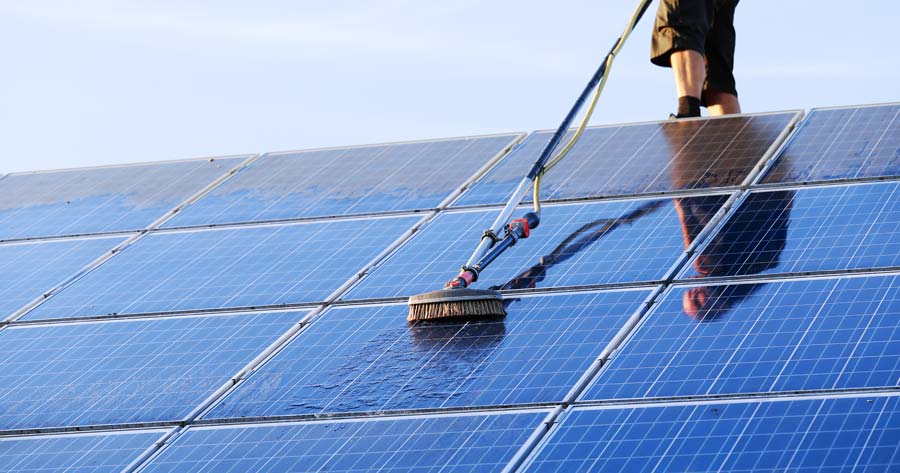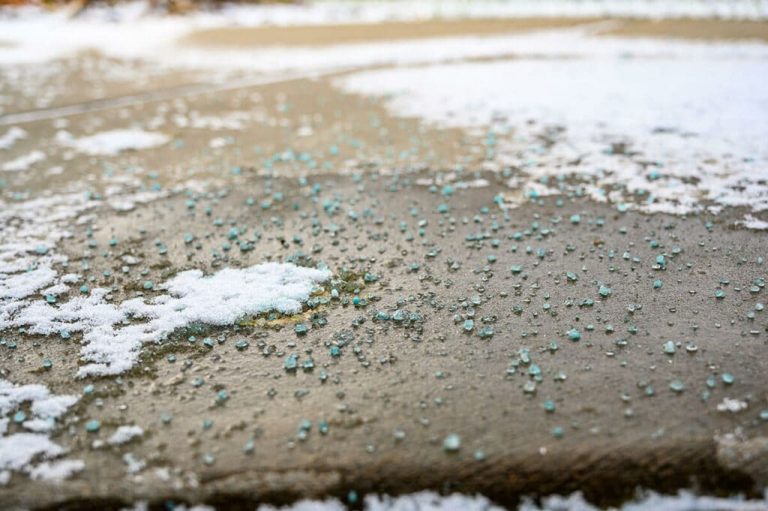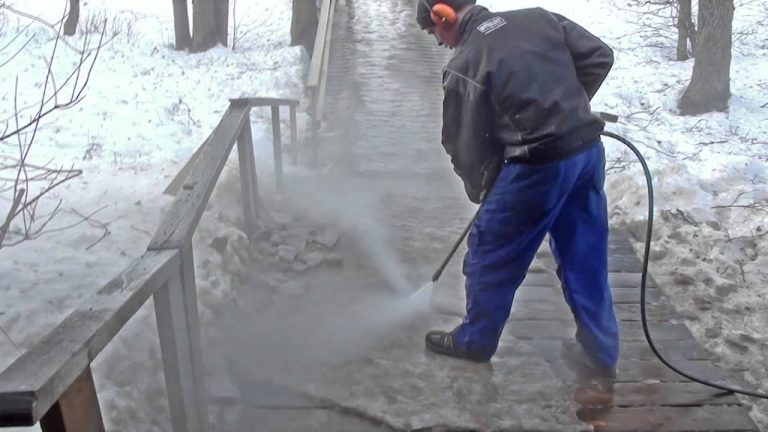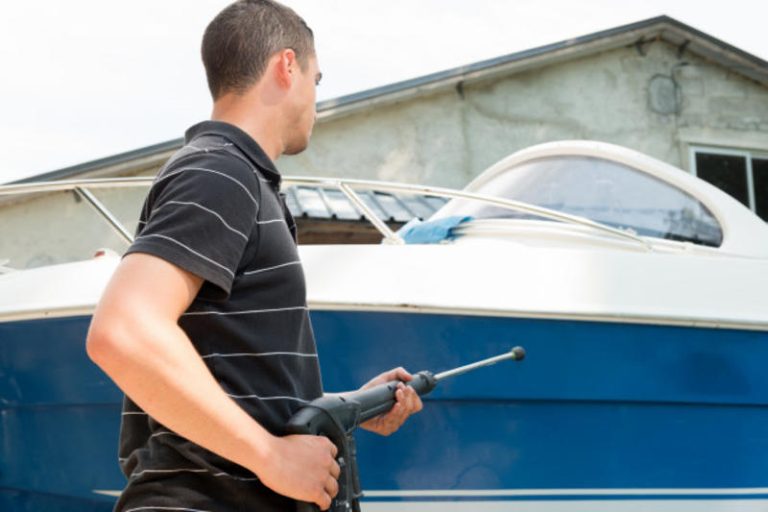
Power washing is great for cleaning surfaces quickly and thoroughly—but that doesn’t mean it’s suitable for everything. A common question many homeowners ask is: Can I use a power washer on solar panels, outdoor electronics, or HVAC units?
The short answer: No, at least not directly. These components are sensitive to water pressure, and using a power washer could cause expensive damage. That said, there are still safe ways to clean them effectively.
Let’s break it down. 🔍
☀️ Solar Panels
Solar panels need to be clean to function efficiently. Dust, bird droppings, and pollen can block sunlight and reduce energy production. But blasting them with a power washer is a big mistake.
Why not power wash them?
- High pressure can crack the glass
- Water can force its way into the wiring or seals
- Most manufacturers warn against it—doing so can void your warranty
How to clean solar panels safely:
- Use a soft brush with an extendable pole and mild, soapy water
- Rinse with a garden hose on a gentle setting
- Clean in the early morning or late evening when the panels are cool
- Use deionized water if possible to avoid mineral spots
💡 Pro tip: If your panels are on the roof and not easily accessible, consider hiring a solar cleaning service. It’s safer and often more cost-effective than dealing with broken panels. 🔋
📡 Outdoor Electronics
Outdoor speakers, smart cameras, security systems, and light fixtures often live near walls and patios—areas that homeowners love to power wash. But these devices are extremely sensitive to pressure and water intrusion.
Why avoid power washing electronics:
- High pressure can crack casings or force water into sealed compartments
- Wires and mounting brackets can be loosened or damaged
- Water can disrupt internal circuits, even in “water-resistant” models
How to clean electronics safely:
- Turn off and unplug devices when possible
- Use a damp microfiber cloth to wipe surfaces
- Cover sensitive equipment with plastic sheeting or bags when washing nearby surfaces
- Avoid directing the spray near mounts or wires
If you must wash near electronics, do so with caution—use a 40° nozzle from a distance and redirect the spray away from the device.
Browse Amazon Here For Popular Pressure Washers And Accessories
❄️ HVAC Units (AC Condensers and Heat Pumps)
These outdoor units are designed to withstand rain and elements—but not high-pressure water jets.
Why you shouldn’t power wash HVAC units:
- Pressure can bend delicate aluminum fins that are critical for airflow
- Water can enter the electrical box or capacitor
- You risk damaging fan blades, coils, or wiring
How to clean your HVAC unit properly:
- Turn off the power at the disconnect box
- Use a vacuum or soft brush to remove leaves and dirt
- Use coil cleaner spray designed for HVAC systems
- Rinse with a gentle garden hose spray, never high pressure
- Make sure surrounding vegetation is trimmed to improve airflow
💡 Cleaning your HVAC unit yearly improves energy efficiency and prolongs its lifespan. Just don’t overdo it with the tools!
🚫 Never Power Wash:
- Smart doorbells or locks
- Outdoor outlets (even GFCI-rated ones)
- EV chargers or battery storage systems
- Electrical panels or meters
✅ Final Thoughts
Power washing is powerful—but not for everything. When it comes to solar panels, electronics, and HVAC systems, gentle cleaning is the way to go. Use the right methods, and you’ll keep these expensive investments working better for longer.
If you’re unsure, always check the manufacturer’s cleaning guidelines—or call a pro. Better safe than sorry! ⚠️⚡💧
Browse Amazon Here For Popular Pressure Washers And Accessories






